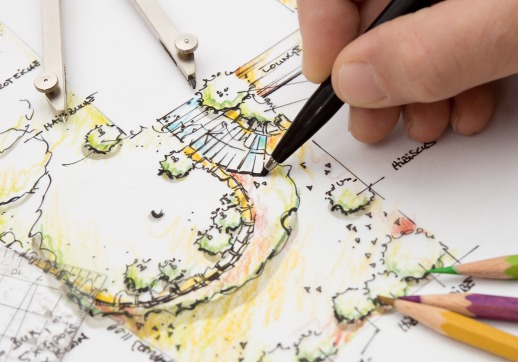
If you’ve been thinking of ways to keep your yard looking its best, you may want to have an irrigation system installed. Planned irrigation and landscaping can help conserve water while promoting a vibrant, green property. Installing a new system will also make your life easier and add value to your property. You may be concerned about what installation will look like. Here are some things you should know about irrigation systems as well as good questions to ask your irrigation contractor.
• Any landscaping plans should be put in place ahead of time so that your lawn can be organized in terms of watering zones. Each plant, bush and tree requires different amounts of water and it may be helpful to group them by how much water is needed.
• Your contractor might need to do a survey of the property to check water pressure and flow rate in terms of gallons per minute before installing the irrigation system.
• A helpful installer will analyze conditions such as amount of sun or shade, condition of soil and slope of the property while planning out the location of sprinkler heads. You can always ask to look at a scale drawing that shows placement of sprinkler heads and marked zones.
• Ask about warranty, policies and maintenance issues such as winterization. This will be beneficial for any follow-up contacts with the company.
Well-designed irrigation systems can actually save you money through smart water usage and proper timing. Make sure the professional assistance you seek is from a certified irrigation contractor or certified irrigation auditor. Parke Irrigation provides a team of experts dedicated to proper installation, revitalization of an existing system, repairs or irrigation audits while maintaining adequate safety regulations. Contact Parke at 615.350.6033 for any landscape and irrigation needs.

 Every tree has a story. From a tree’s young beginnings to its majestic maturity, the tree has seen everything from wars to celebrations. Take the Battle of Nashville basket oak for example. For over 150 years, this beautiful tree stood right in the heart of Tennessee and witnessed some of America’s most crucial moments spanning all the way back to the Civil War, to the Civil Rights Movement and finally into today.
Every tree has a story. From a tree’s young beginnings to its majestic maturity, the tree has seen everything from wars to celebrations. Take the Battle of Nashville basket oak for example. For over 150 years, this beautiful tree stood right in the heart of Tennessee and witnessed some of America’s most crucial moments spanning all the way back to the Civil War, to the Civil Rights Movement and finally into today.
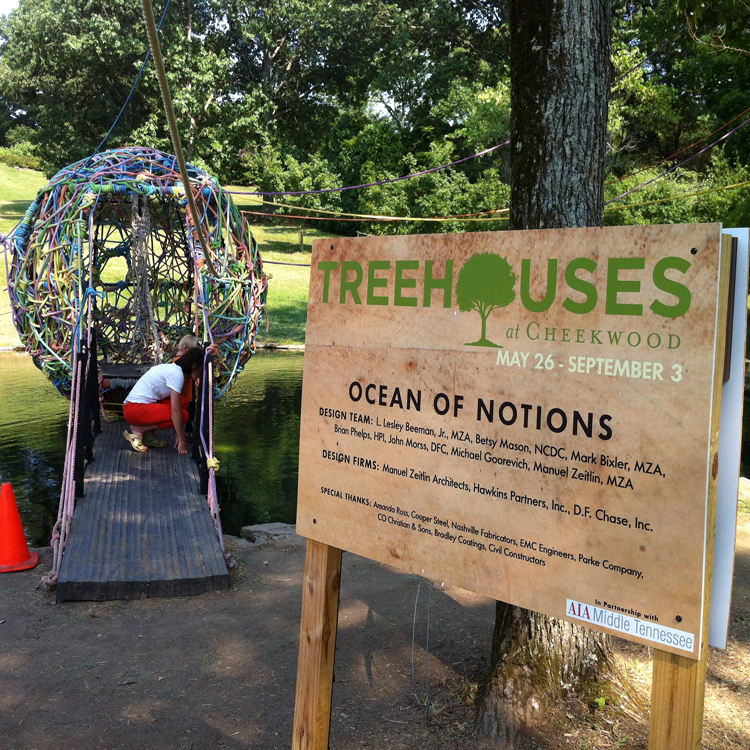 Summertime — warm nights filled with campfires and fireflies; sunny days filled with pool parties, ice pops and cannon balls. And what’s a summer without long naps on a hammock or swinging competitions on a tire swing. As winter fades, and summer tickle our senses, it’s time to get ready for all those great outdoor activities for our families. And installing a swing and/or hammock on a tree might be on your to-do list.
Summertime — warm nights filled with campfires and fireflies; sunny days filled with pool parties, ice pops and cannon balls. And what’s a summer without long naps on a hammock or swinging competitions on a tire swing. As winter fades, and summer tickle our senses, it’s time to get ready for all those great outdoor activities for our families. And installing a swing and/or hammock on a tree might be on your to-do list.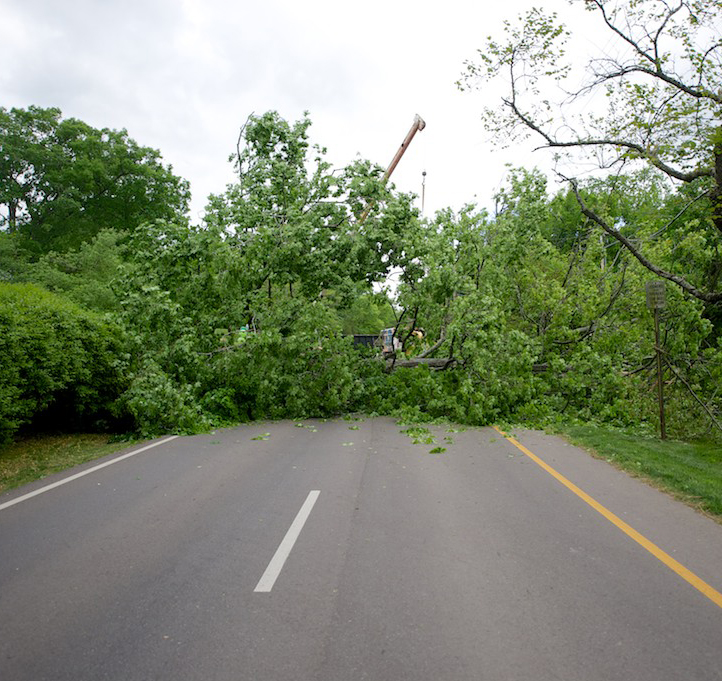 Driving to and from work can be a pain. We’ve all been there. Traffic jams, running late and even the occasional fallen tree. Good thing the Parke Company is there. Though they can’t clear traffic or give you an extra 15 minutes in the morning, they can help clear road blocks caused by fallen trees.
Driving to and from work can be a pain. We’ve all been there. Traffic jams, running late and even the occasional fallen tree. Good thing the Parke Company is there. Though they can’t clear traffic or give you an extra 15 minutes in the morning, they can help clear road blocks caused by fallen trees.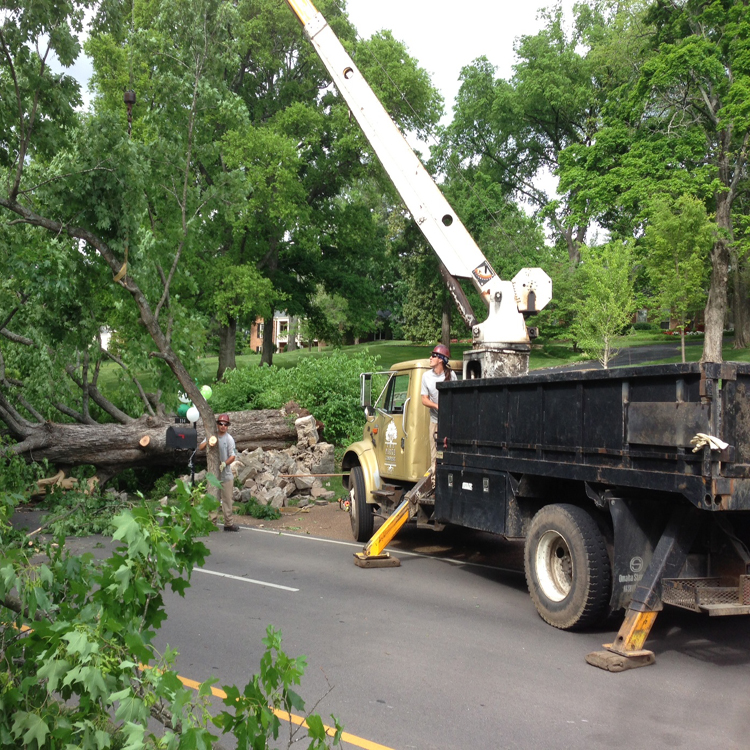 problems in the future. Though these physical injuries might take years to develop into something fatal, something so small as the cord of a weed eater can cause eventual, lifelong damage.
problems in the future. Though these physical injuries might take years to develop into something fatal, something so small as the cord of a weed eater can cause eventual, lifelong damage.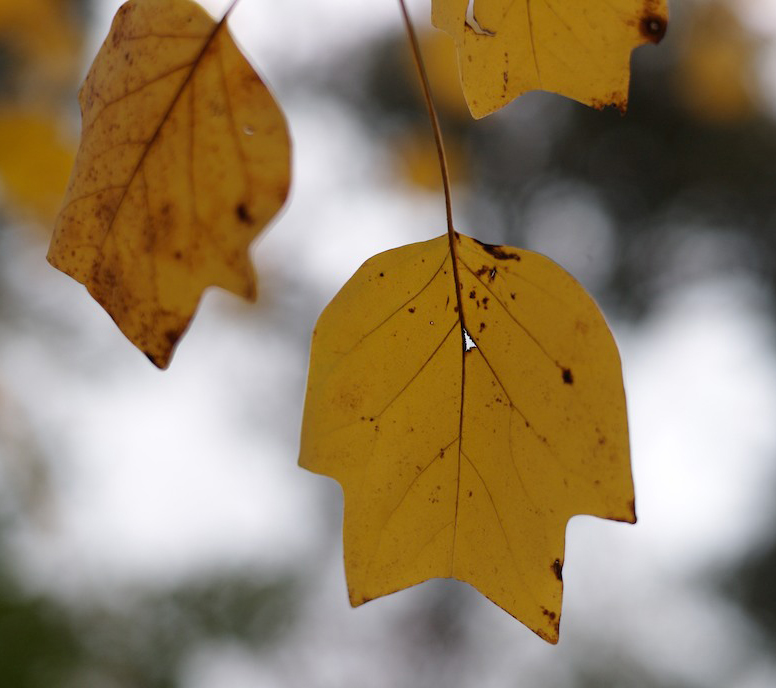 Some fun facts about the Tulip Poplar
Some fun facts about the Tulip Poplar